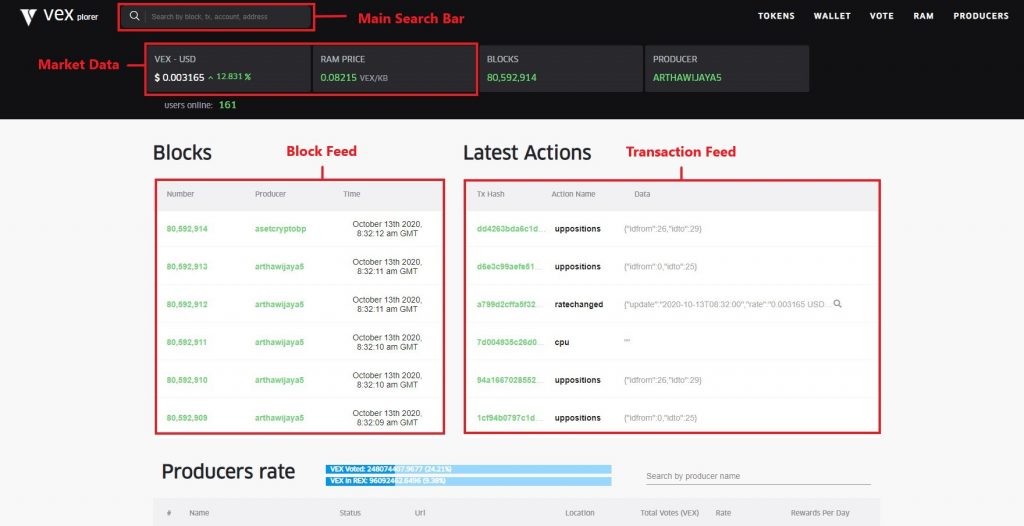If we hear the word “explorer” or “browser” in general, then maybe what comes to our mind is internet browsers like Google Chrome, Mozilla Firefox and so on. However, what about “blockchain explorer” or “block explorer”?
Blockchain explorer or it can be referred to as block explorer is a search engine tool on a blockchain network. So actually its function is almost similar to that of a general explorer or browser, it’s just that this search engine functions to search for information related to blocks on a particular blockchain network.
With blockchain explorer, you can see detailed data regarding the number of blocks created, transaction history, blockchain account details and much more. Each blockchain platform has at least one browser or explorer for the network and usually, these explorers have features that vary from one another, depending on the needs of the network users.
Table of Contents
Blockchain Platform and Its Explorer
- TRON: Tronscan and TRXplorer.io
- EOS: Bloks.io, Eosflare.io, and Eospark
- Vexanium: Vexplorer and VAM (Vex Account Monitor)
What You Can Do with Blockchain Explorer?
As previously mentioned, the explorer has several different features. In this case, the image that will be used to explain explorer features is taken from Vexanium Explorer and Vex Account Monitor (but each blockchain interfaces and functions in the same way with its respective explorer).

Main Search Bar
Search for anything such as block, transaction hash (TX), account, address, etc.
Market Data
Monitor a real time coin, token, or resource (RAM) price at the market.
Block Feed
Check the recent blocks that has been mined by the miner or delegators.
Transaction Feed
Check the latest transaction has been made in the blockchain network.
Blockchain Account Detail
See the details of any account or address that is available at the network.
Delegators / Block Producers List
List of the miners or delegators that currently active mining (creating blocks) in the blockchain.
Coin Distribution and Allocation
Check the coin distribution and allocation on every account available at the network.
Delegators Performance
Check the delegators or miners performance during the block mining process
Top Account
See the top account that hold or have the most coin in the blockchain network.